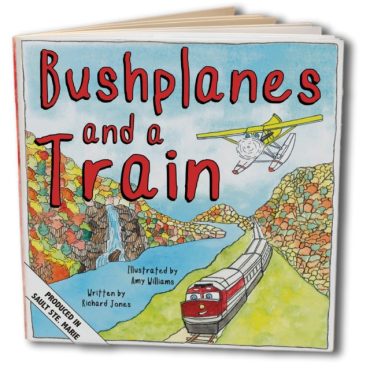
Amy Williams – Bushplanes and a Train
Bushplanes and a Train, written by Richard Jones and illustrated by Amy Williams, is a sequel to the first book, Bailey the Bushplane.Bushplanes and a Train introduces a trio of […]
Now Playing on The Borderline
 play_arrow
play_arrow
Paul Defazio – Chasing Rainbows Adrian V
 play_arrow
play_arrow
The New Normal – Peace & Conflict Maria Iuliano with Fidgal
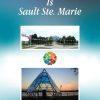 play_arrow
play_arrow
Peter Vaudry – Kindness Is Sault Ste. Marie Lisa Tucker
 play_arrow
play_arrow
The Halftime Show – The Superior View Lisa Tucker
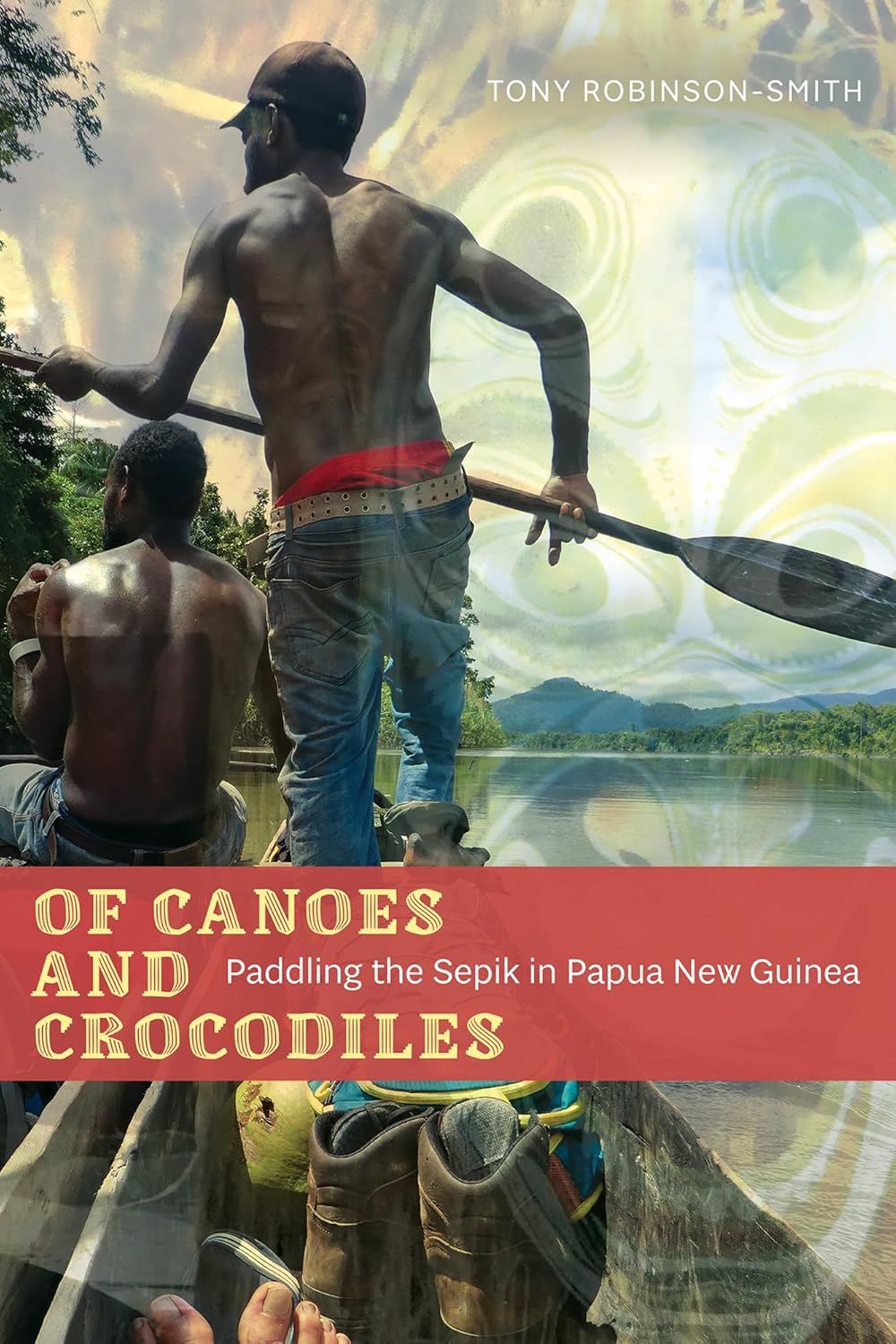
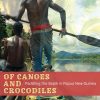 play_arrow
play_arrow
Tony Robinson-Smith – Of Canoes and Crocodiles Lisa Tucker
Tony Robinson-Smith is an author of three books and has written travel tales for The Globe and Mail and Druk Air’s inflight magazine Tashi Delek. Tony is a regular contributor to the American online travel magazine Perceptive Travel. In 2018, Tony and Nadya spent three months in Papua New Guinea, paddling dugout canoes down the Sepik River and hiking in the highlands in search of elusive Birds-of-paradise.
Tony is the managing editor of The Algomian, Algoma U’s creative writing journal – link here ojs.scholarsportal.info/algoma/algomian. It’s a new journal seeking creative writing submissions (poetry, fiction, anecdotes from life, and short plays), a motivation for all those talented writers in The Soo!
Of Canoes and Crocodiles – A story of adventure in the remote and threatened landscapes of Papua New Guinea. In 2018, Tony Robinson-Smith and his wife Nadya Ladouceur bought dugout canoes and paddled down the Sepik, the country’s longest river. Traveling with local guides and staying in their villages, Tony and Nadya ate smoked piranha and sago pancakes, heard tales of river gods and sorcerers, marvelled at rainbow bee-eaters and cat-size flying foxes, sank in a tropical storm, got lost in mosquito-infested swamplands, and hid from pirates in mangroves near the sea. As the narrative follows the bends of the river, Robinson-Smith incorporates into its flow descriptions of crocodile initiation rites, village “big men,” the barter system, raskolism, and sing-sings. He reflects on clan loyalty, colonization, Christian missionaries, bride price, the environmental impacts of foreign logging and mining, and the joys and fears of following the current down a long, snaky waterway in a volatile Australasian country.
The Dragon Run – Tony Robinson-Smith, his wife Nadya, and ten Bhutanese college students set out to run 578 kilometres (360 miles) across the Kingdom of Bhutan in the Himalayas. Joined by a stray dog, they slogged over five mountain passes, bathed in ice-clogged streams, ate over log fires, and stopped at every store, restaurant, guesthouse, and dzong to raise money for the Tarayana Foundation. The “Tara-thon” was the first endeavour of its kind and gave 350 village children the chance to go to school. En route, the Long Distance Dozen met a Buddhist lama, a royal prince, a Tibetan renegade, and a matriarch who told them the secret to long life. On arrival in Thimphu, they were decorated by Her Majesty the Queen. In this contemplative memoir, Tony describes Bhutan in rich detail at a transformative period in its history and reflects on tradition, belief, modernization, and happiness.
Back in 6 Years: A Journey Around the Planet Without Leaving the Surface – Inspired by travel writer Ted Simon, Tony Robinson-Smith quit his job in Japan, returned home to England, and then set out once more with only a a knapsack, a map, and a dream to travel the world with both feel on the ground. Nearly six years later, he returned home having fulfilled his dream and then some. Using his journals and memories as his primary sources, Robinson-Smith tells an exhilarating story that begins and ends in England. His adventures include hair-raising trips on African buses, a death-defying sail across the South Atlantic, a journey by boat along a tributary of the Amazon, and a cross-Canada cycling tour done the hard way, from east to west. Robinson-Smith tells his gripping tale in an affable style with a sense of the comedic. His eye is trained more upon adventure than his own ruminations. With little idea of what he wants or will gain, he takes on the world solo, with only the notion of an approximate direction and a suspicion that enlightenment lies just over the horizon.

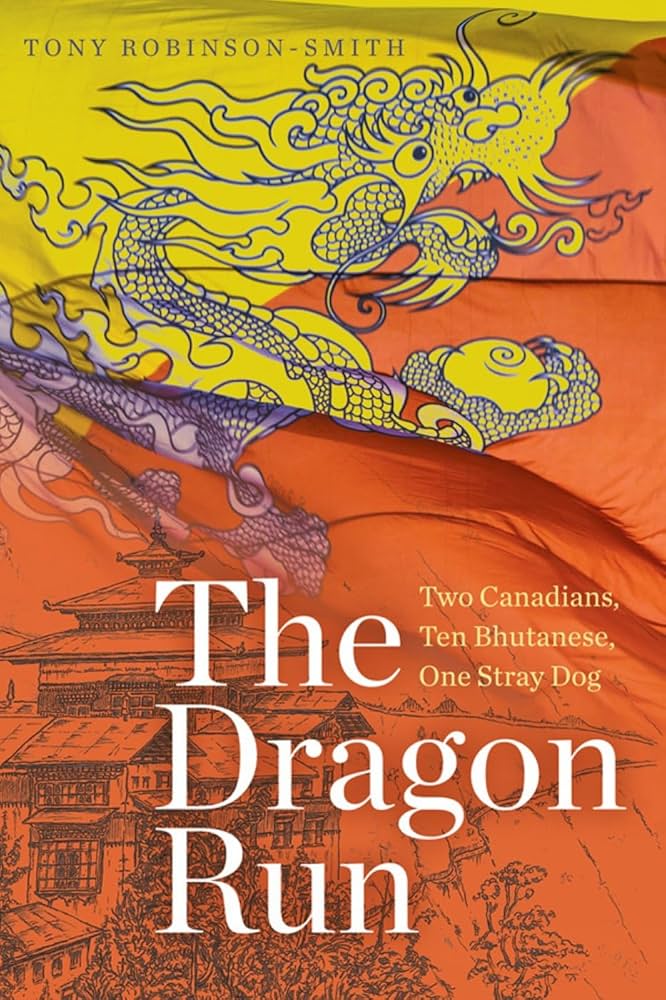
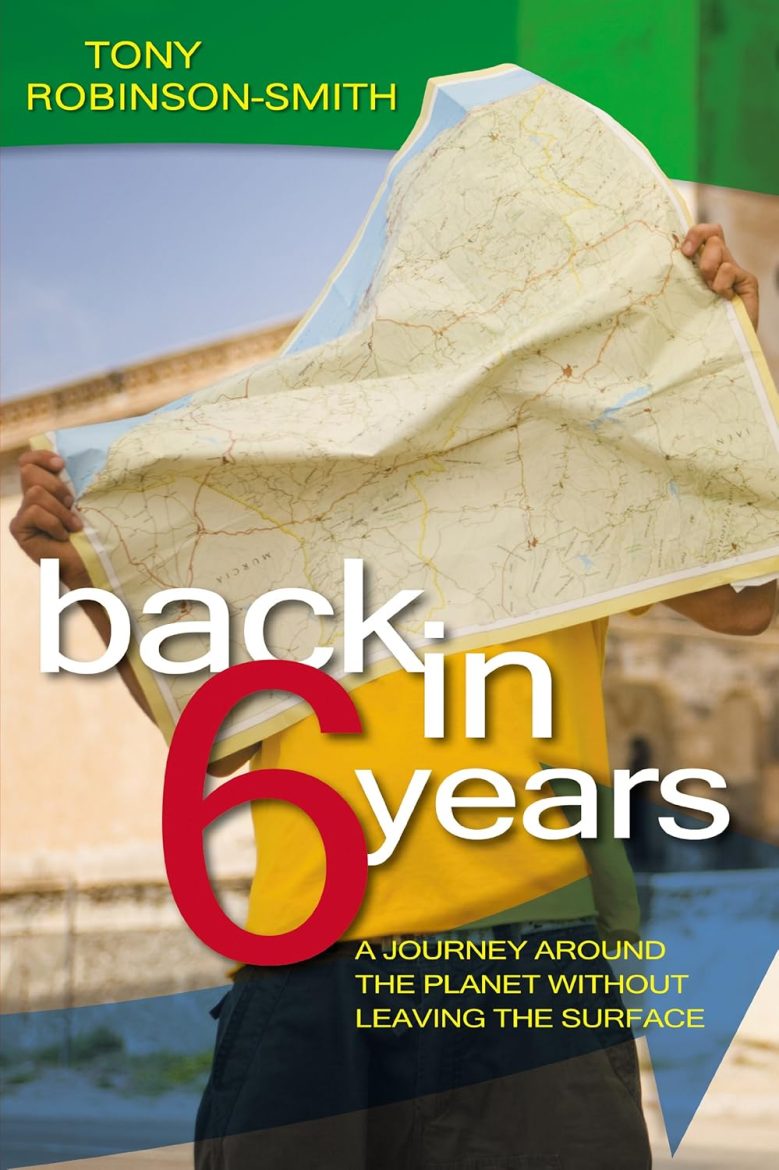

“Better to see something once than hear about it a thousand times.”
asian proverb


Bushplanes and a Train, written by Richard Jones and illustrated by Amy Williams, is a sequel to the first book, Bailey the Bushplane.Bushplanes and a Train introduces a trio of […]

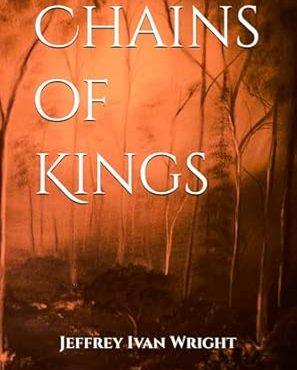
Copyright theborderline.ca -ALL RIGHTS RESERVED.